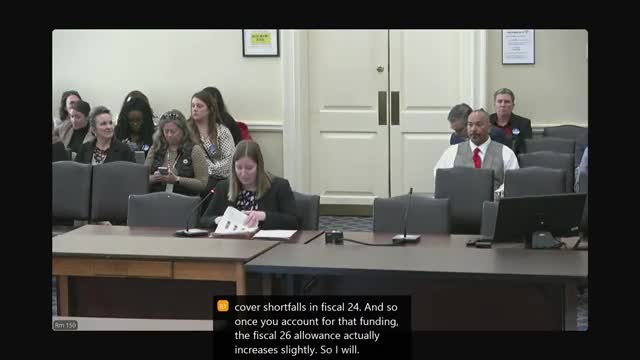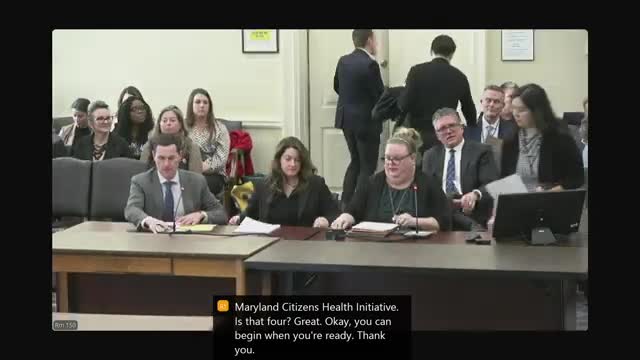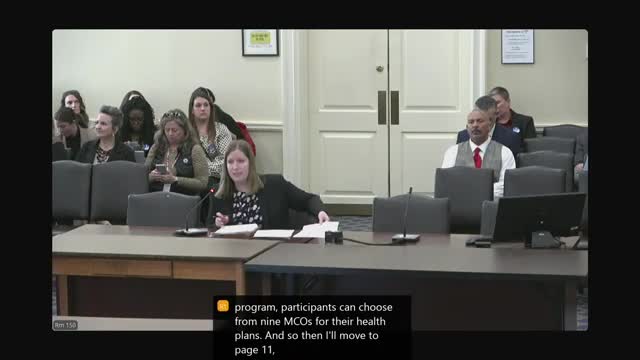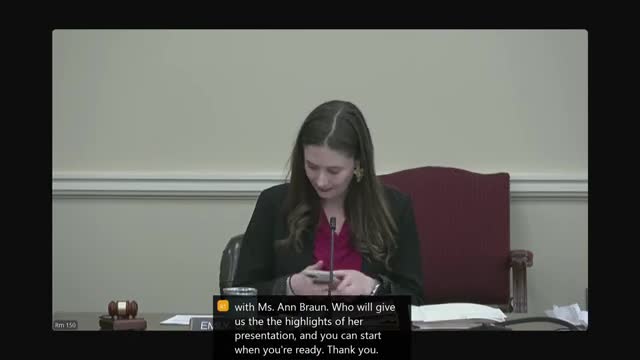Article not found
This article is no longer available. But don't worry—we've gathered other articles that discuss the same topic.

DLS and MDH warn enrollment forecasts are volatile; audit raises questions about application processing

Providers warn cuts to E&M, home- and community-based services would worsen workforce crisis

DLS backs MDH scrutiny of MCO HEDIS declines; MDH adds health-equity accreditation and new incentives

